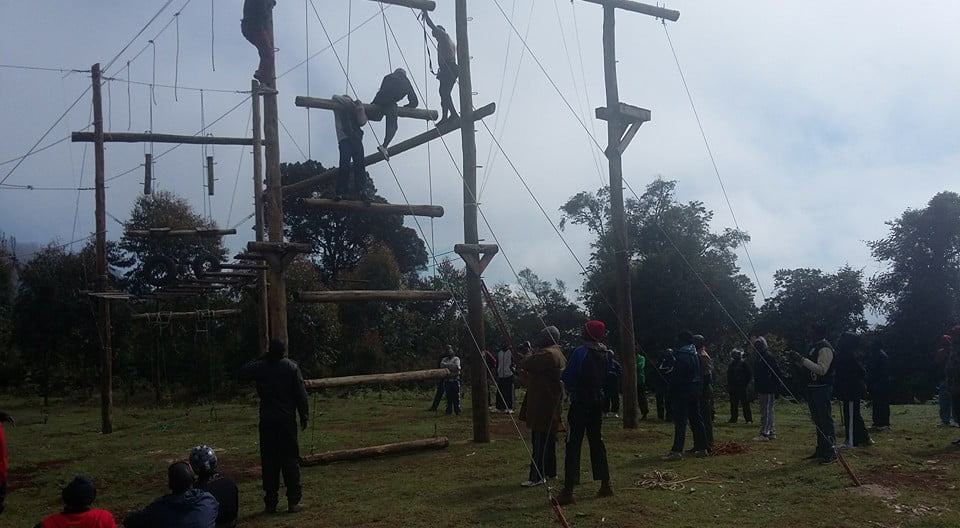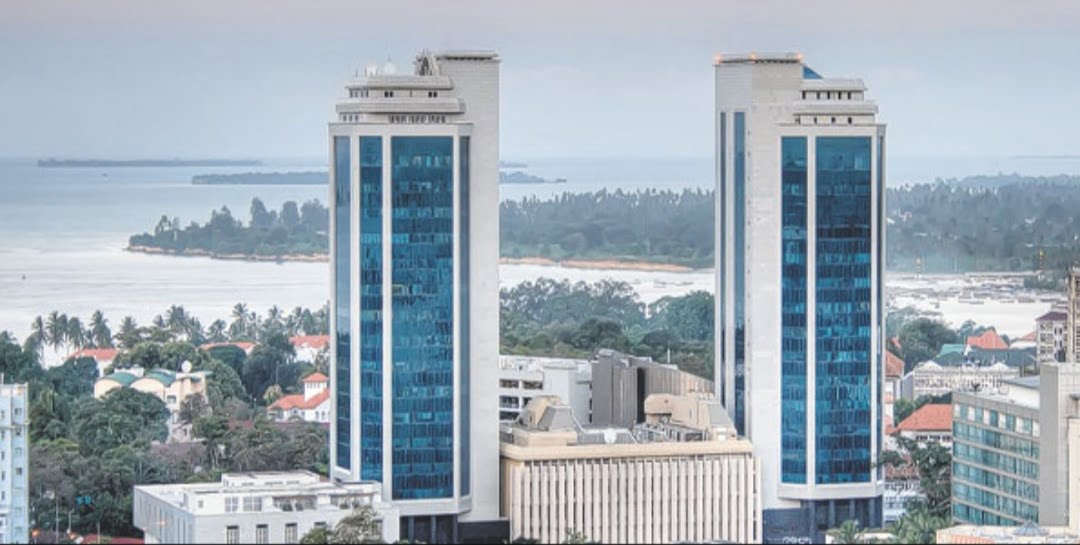KHRC Warns Safaricom, Airtel, and Telkom: Don’t Shut Down the Internet During Protests
Nairobi, Kenya – As protests continue across the country.
The Kenya Human Rights Commission (KHRC) has warned major phone and internet companies—Safaricom, Airtel, and Telkom—not to block or slow down internet services.
KHRC and other human rights groups are worried that the government might try to stop people from protesting by cutting internet access.
This has happened before—during protests against the Finance Bill in June 2024 and during national exams—when people noticed their internet was very slow or social media wasn’t working.

Court Already Said: No Internet Shutdowns
KHRC’s warning is supported by a court decision. In May 2025, the High Court of Kenya told the Communications Authority (CA).
And internet companies that they are not allowed to shut down or interfere with the internet.
The court was responding to a case filed by seven groups, including:
International Commission of Jurists (ICJ Kenya)
Bloggers Association of Kenya (BAKE)
Paradigm Initiative
These groups said cutting internet access goes against the Constitution because:
People need the internet to express themselves freely (Article 33)
The media needs it to share information (Article 34)
Everyone has a right to access information (Article 35)
It supports jobs, learning, and access to services (Article 43)
The court said any move to limit internet use must be legal, necessary, and reasonable—and past shutdowns did not meet these rules.
Why Internet Shutdowns Are a Big Problem
Shutting down the internet does more than just stop people from posting online. It causes real harm:
Hurts Human Rights
People can’t organize or speak out.
It’s also harder to record and share abuse by police or other authorities.
Hurts Businesses
Many small businesses depend on the internet for selling, buying, and talking to customers.
During the June 2024 protests, businesses lost millions of shillings every day because of slow or blocked internet.
Affects Safety and Emergencies
People use the internet to ask for help, get medical care, or share safety updates.
Blocking it makes it harder to keep people safe.
Reduces Transparency
When communication is blocked, it’s hard to know what’s really happening on the ground.
This can hide wrong actions by the authorities.
Telcos Must Follow the Law Too
Even though the government gives the orders, phone and internet companies like Safaricom, Airtel, and Telkom are the ones that actually make shutdowns happen.
KHRC is reminding these companies that they must follow the law and protect their customers.
If they help shut down the internet without legal reasons, they’ll be going against the court order—and betraying the trust of millions of users.
A Big Moment for Kenya’s Digital Rights
As the protests continue, this issue is becoming a test for Kenya’s freedom of expression and democracy.
Thanks to the court order, people now have stronger protection against unfair internet shutdowns.
All eyes are on whether telcos and the government will respect this.
What happens next will show if Kenyans can keep using the internet freely—or if more blocks will come in the future.
ALSO READ: CA media coverage bans June 25 Protests Live: Is Press Freedom Dying in Kenya?











































